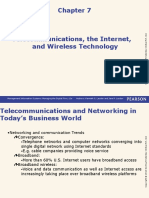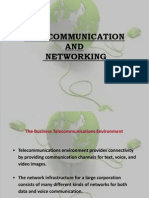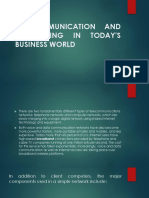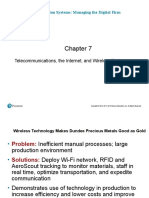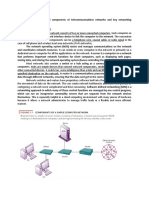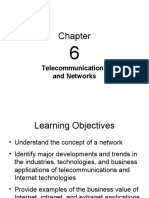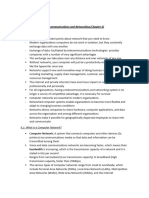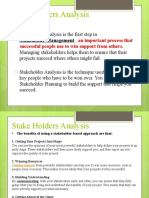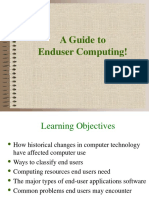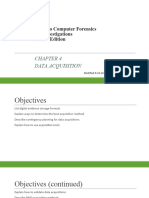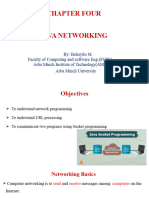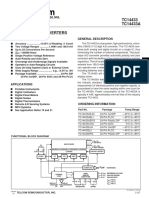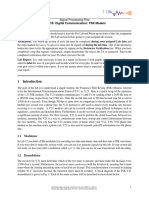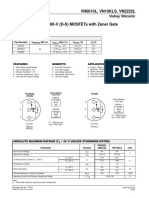0% found this document useful (0 votes)
59 views40 pagesVideo Cases: Management Information Systems: Managing The Digital Firm, 12e Authors: Kenneth C. Laudon and Jane P. Laudon
Uploaded by
FarihaCopyright
© © All Rights Reserved
We take content rights seriously. If you suspect this is your content, claim it here.
Available Formats
Download as PDF, TXT or read online on Scribd
0% found this document useful (0 votes)
59 views40 pagesVideo Cases: Management Information Systems: Managing The Digital Firm, 12e Authors: Kenneth C. Laudon and Jane P. Laudon
Uploaded by
FarihaCopyright
© © All Rights Reserved
We take content rights seriously. If you suspect this is your content, claim it here.
Available Formats
Download as PDF, TXT or read online on Scribd
/ 40

